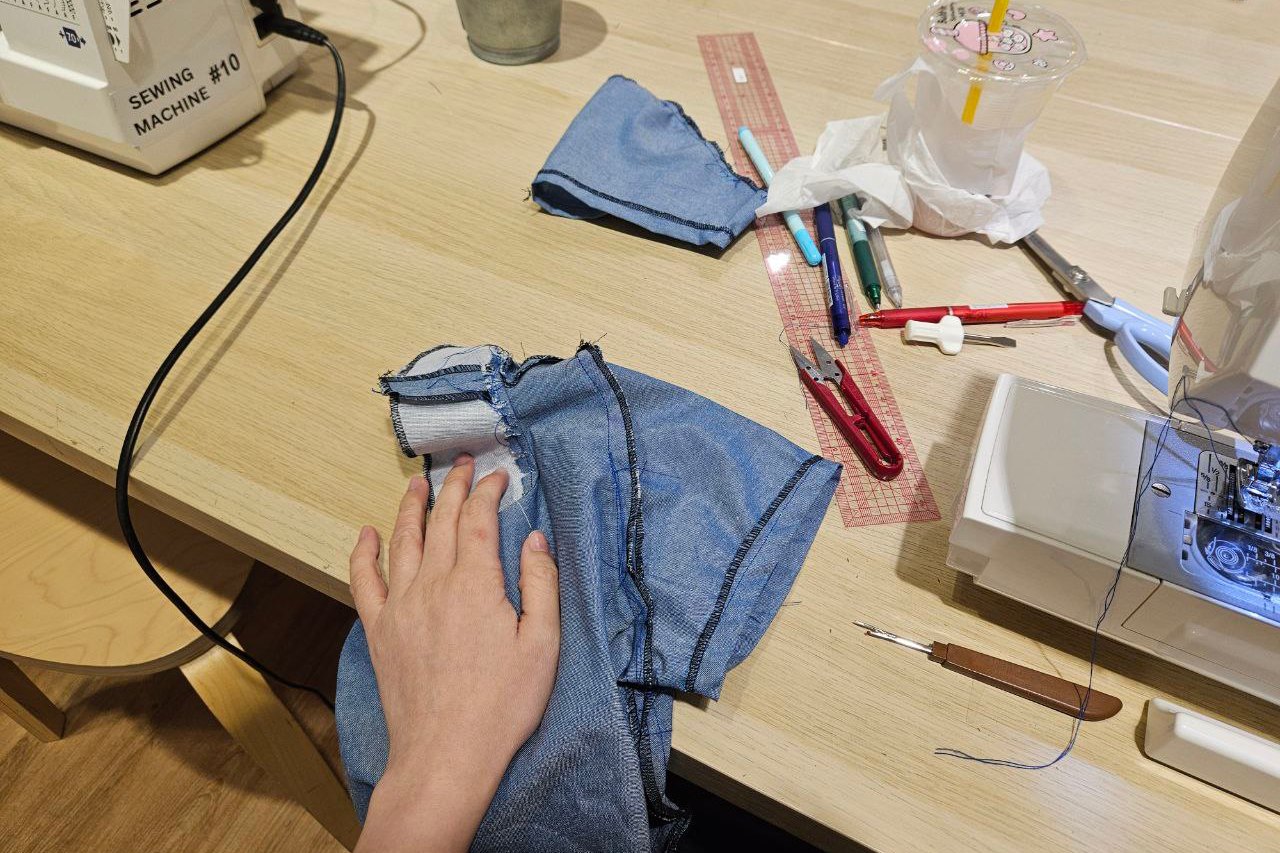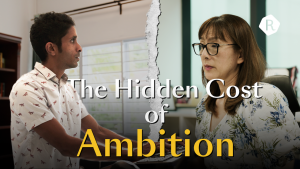All images courtesy of the author.
I have good news and bad news. The bad news is that the $500 in SkillsFuture Credits you received in 2020—if you’re old enough—is expiring at the end of the year. The good news is that there are some SkillsFuture courses that honestly sound like a fun time: breadmaking, DJing, making ang ku kueh, kombucha brewing.
As of June, over 70 percent of eligible Singaporeans have yet to use this $500, SkillsFuture Singapore (SSG) told The Straits Times.
This isn’t a surprising figure. And I’m speaking as someone who, until recently, was part of this statistic. My assumption, based on watercooler chats with my peers, is that (1) people who have yet to use the credits are either comfortable in their job, or (2) too damn busy to even log in to the SSG portal to check out what they can learn.
As a writer, I didn’t really find any courses that I felt would help my career here at RICE. I’d also wanted to pick up sewing for the longest time, just for fun, but abandoned the idea when all the courses I could find were on weekdays. The idea of using my precious annual leave for this was enough for me to put a plug in the idea.
Then, a few months ago, a targeted Instagram ad—how did they even know?—led me to a few weekend sewing courses. I eventually chose a six-week course by Fashion Makerspace solely because I had a direct bus from home to the cosy shophouse venue overlooking Hong Lim Park.
My main takeaway? It did absolutely nothing for my career.
But it did give me a feeling I hadn’t felt in a long time: The joy of learning things for myself, not for work, nor for a paycheck.
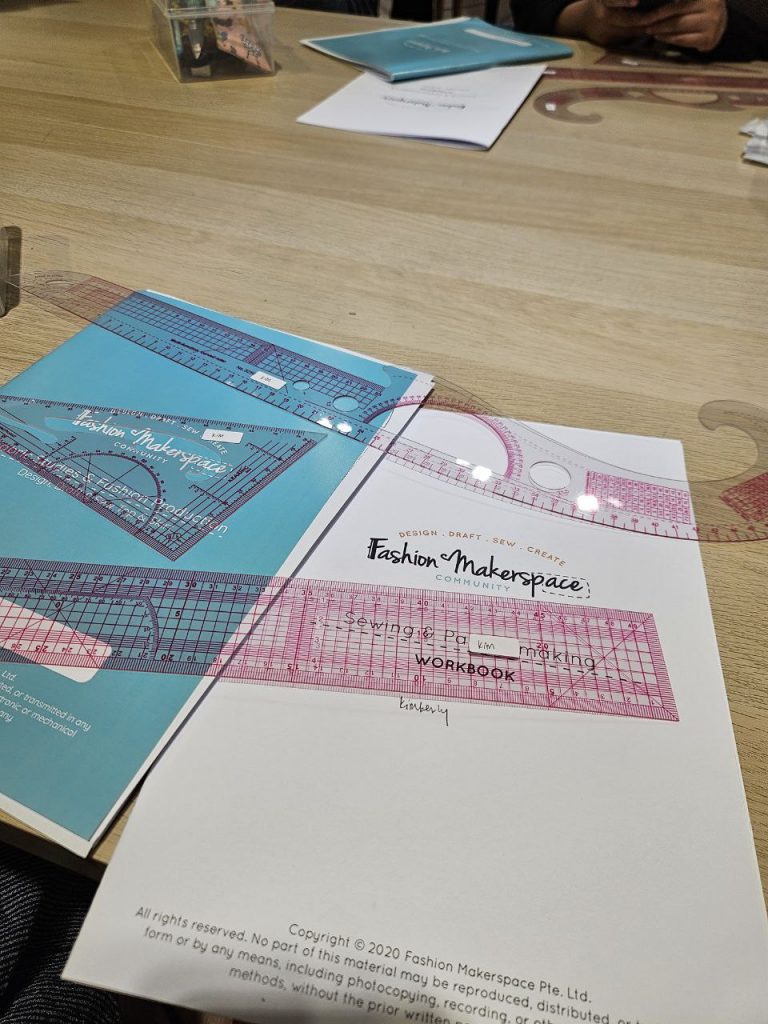
Back to (Sewing) School
On the first day of sewing school, which was in session every Saturday from 10 AM to 5 PM, our instructor asked us to go around the room and share why we’d signed up. Some said they wanted to make their own clothes. One fellow participant admitted bluntly: “My SkillsFuture credits were expiring.”
Not a single person mentioned career advancement.
To be fair, some Singaporeans do use their SkillsFuture credits for the stated purpose: Upskilling. A 2024 SSG survey found that 64 percent said the training helped with career advancement, and 84 percent reported that the course learnings were applicable to their work.
“Even if you do have a comfortable job now, there is much to be gained in terms of improving your career versatility and deployability.” SSG chief executive Tan Kok Yam said at a press briefing last year.
That may be true. But the recent rush to use up SkillsFuture credits before the end of the year has an alternative merit: Enabling a different kind of transformation that has nothing to do with upskilling for job security or career pivots.
SkillsFuture for professional development? Nah. SkillsFuture for personal growth? Yes.
The Joys of Side Quests
I highly doubt future employers are going to be interested in how well you can mix EDM beats or the secret to making the perfect ang ku kueh. But there is joy in learning something that is ‘useless’.
As former RICE writer Pan Jie puts it after attending a few SkillsFuture hobby classes: “Like every other productivity fix that came before, all the emphasis is on employability, the future, career dividends, and keeping yourself relevant amidst violent economic change.”
“After all the focus on productivity, they forgot to mention that learning shit could be fun.”
In a way, this kind of learning almost feels like a sabbatical, without actually needing to take a break from your job.
Yes, learning can be fun. But more than that, learning can be a form of self-care and reclamation. With my seemingly random sewing side-quest, I was reclaiming my identity outside of work. I was also rediscovering things like creativity and the satisfaction of making something from scratch.
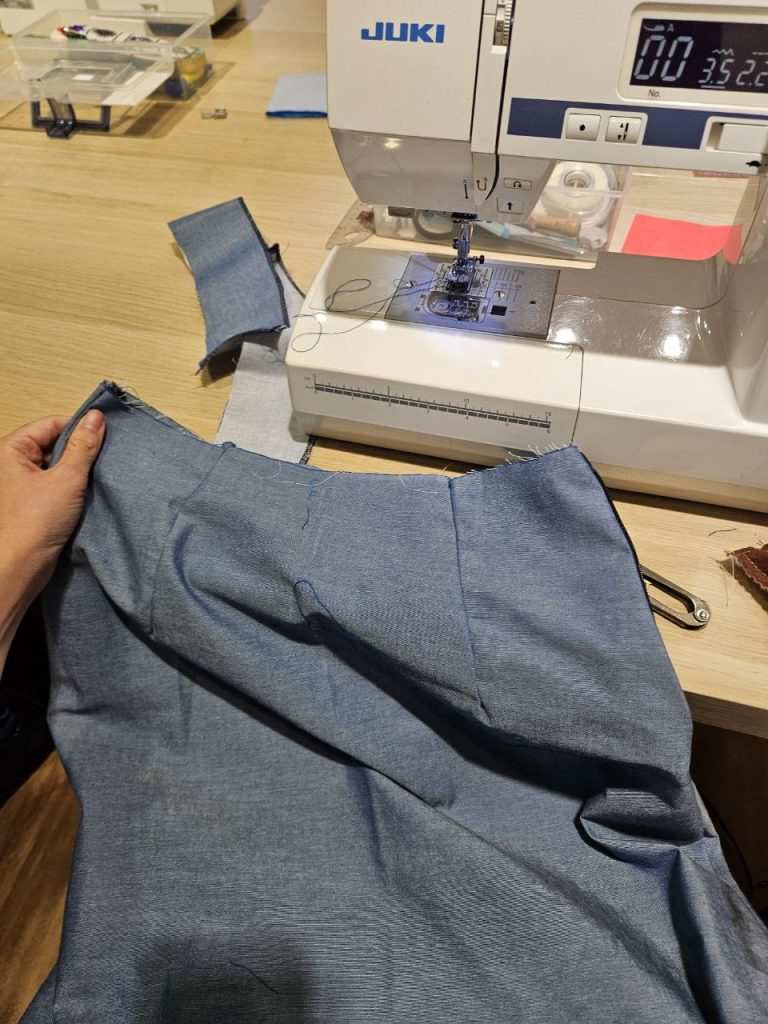
Honestly, my favourite part of the course was getting to be bad at something with zero consequences—except maybe sore fingers after unpicking erroneous stitches.
What’s great about this mini-sabbatical was also how accessible it was. My sewing course would have cost me $1,260. With subsidies and SkillsFuture credits, I paid nothing.
For people who don’t have deep pockets, this kind of experience—a hands-on class and structured programme, taught by a passionate instructor—is suddenly within reach. I didn’t have to choose between paying my bills and picking up a new skill for fun.
Subsidised Self-Discovery
In a culture obsessed with upskilling and productivity, choosing to learn something you’ll never put on a CV feels oddly liberating.
Most of us are already juggling multiple responsibilities. We’re burnt out, disillusioned with traditional career ‘progression’, and hyper-aware that employers rarely reward self-driven training with actual pay raises. That’s why picking a so-called ‘frivolous’ SkillsFuture course can feel like sticking it to the system.
That’s not to say there’s no intrinsic economic value. In fact, these courses can shift your perspective or even illuminate aspects of yourself that extend into other areas of life.
As I caught myself agonising over measuring and cutting fabric, terrified of making a mistake, I realised: I do the same at work. I stress needlessly over small, fixable things—often at the expense of my own productivity.
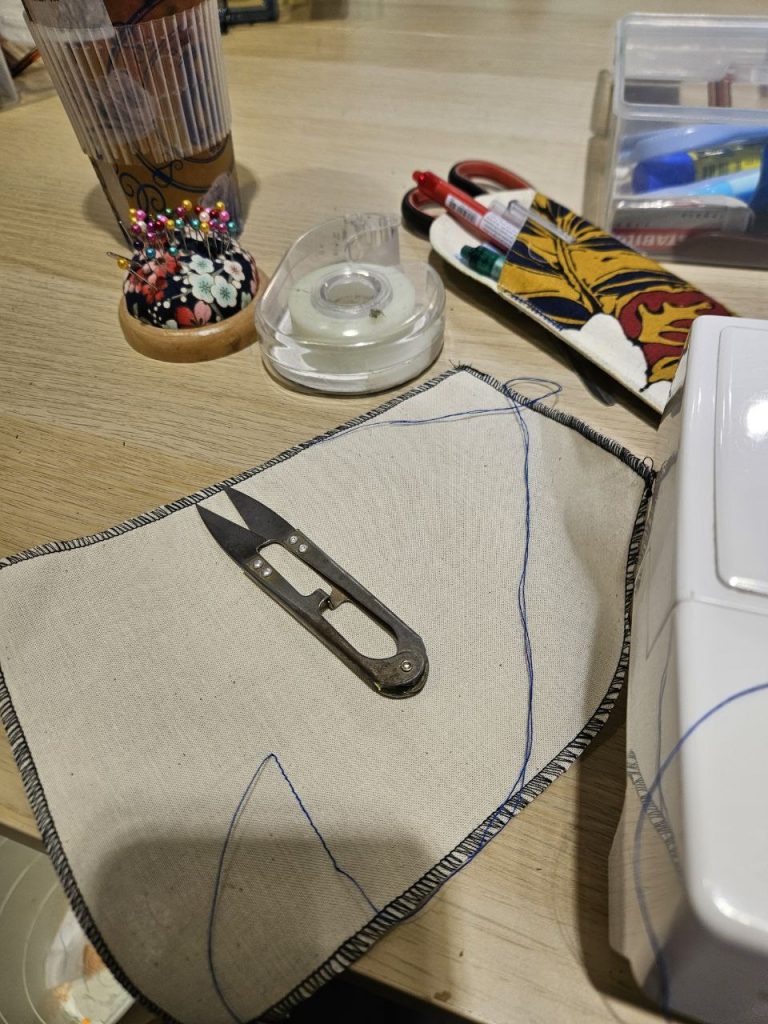
Later in the course, I sewed my sleeves on inside out. (Don’t ask me how.) But instead of spiralling, I just picked up my seam ripper and started all over again.
In some roundabout way, these random side quests help us become better at life, work included.
Who knows? Maybe this will turn into something more. I now know how to use a sewing machine, and I’ve already made an offer for a secondhand one on Carousell. Maybe I’ll start mending clothes. Maybe I won’t. But that’s incidental. None of us in the course showed up hoping to make more money. And that’s exactly what made it valuable.
It’s easy to conflate learning with upskilling, but they aren’t the same. ‘Lifelong learning’ is often championed, but what they really mean is lifelong upskilling—and by extension, lifelong productivity and lifelong employability.
There’s a difference here. One focuses on nurturing the person, the other on moulding a product.

